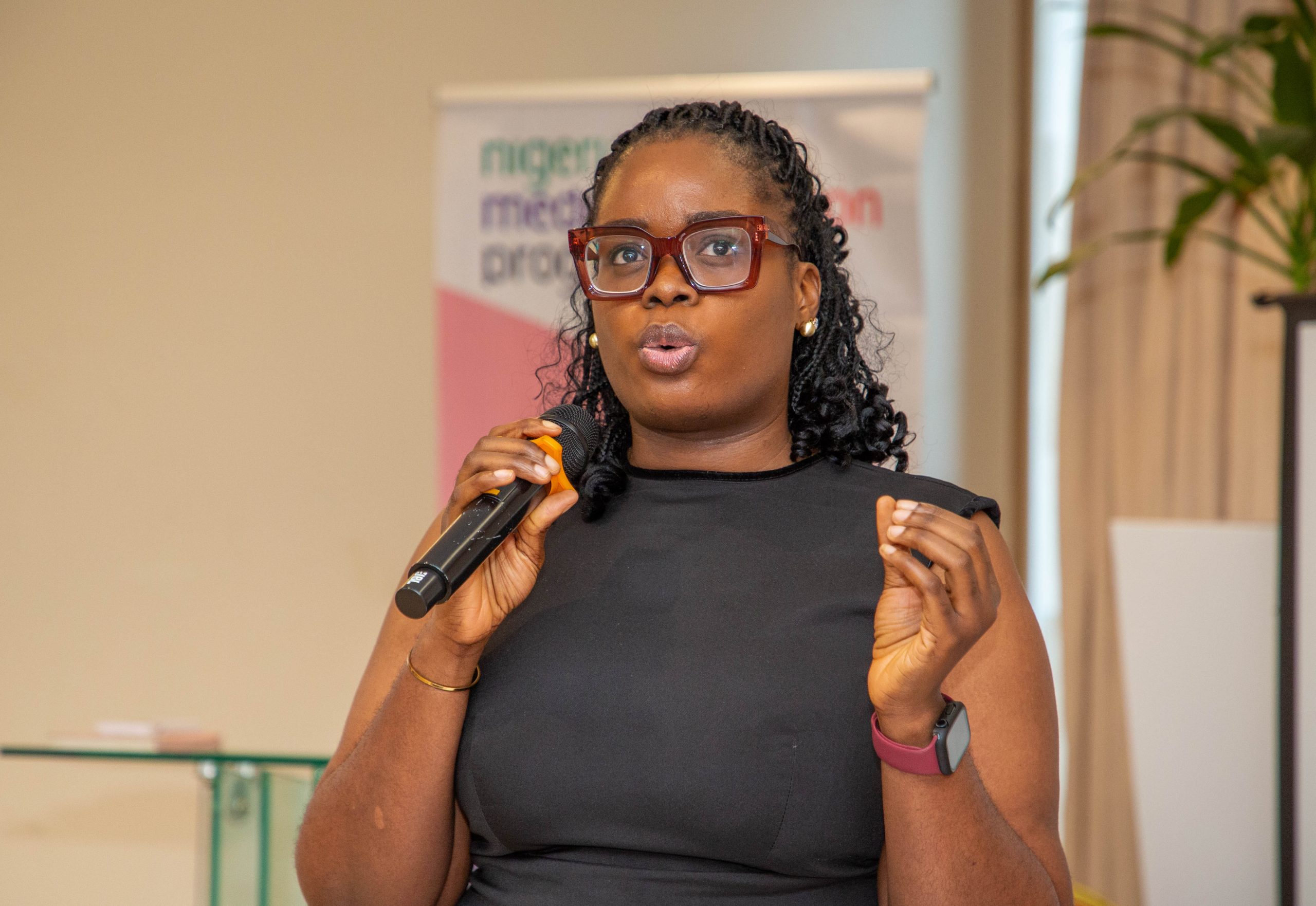By Vivian Ojomu
In today’s rapidly evolving digital landscape, media organisations face increasing challenges in protecting their intellectual property (IP). Kofoworola Eze’s session on “Intellectual Property in Media” at the NAMIP Corporate Governance Workshop (November 11 -12, 2024) addressed the importance of IP as a critical asset for media houses, providing actionable strategies for protecting their content against infringement.
Key Highlights from the Workshop
Understanding Intellectual Property (IP): Intellectual property encompasses creations of the mind, including literary works, trademarks, and trade secrets. For media organisations, copyright stands as the cornerstone of IP protection, ensuring creators’ rights to monetize and control their works.
In Nigeria, copyright protection is automatic upon creation, but formal registration with the Nigerian Copyright Commission (NCC) provides additional legal benefits. Other vital IP tools include trademarks, which protect unique brand identifiers, and trade secrets, which safeguard confidential business information.
Challenges in Media IP Protection: Media organizations frequently encounter:
-
- Content Theft: Online piracy, unauthorized sharing, and plagiarism.
- Licensing Disputes: Ambiguities in rights ownership, especially in collaborations with freelancers and external agencies.
- User-Generated Content Issues: Viral videos and public submissions requiring proper permissions for reuse.
Practical IP Protection Strategies:
-
- Digital Tools: Media companies can use digital rights management (DRM) technologies and monitoring tools like Copyscape and Pixsy to detect and prevent unauthorized use.
- Contractual Safeguards: Employing IP clauses in employment and freelancer agreements, such as confidentiality, non-compete, and work-for-hire provisions, ensures content ownership remains with the organization.
- Watermarking and Metadata: Embedding visible or invisible identifiers in digital content helps trace and deter misuse.
Leveraging Online Platforms: Platforms like YouTube offer automated systems, such as Content ID, that allow creators to detect and manage IP violations. Media organizations can also use AI-driven tools for real-time monitoring and take swift action against infringement through takedown notices.
Legal Framework and Enforcement: The Nigerian Copyright Act of 2022 provides a robust legal structure for media organizations. By proactively registering content, issuing takedown notices, and pursuing legal remedies, media houses can combat violations effectively.
Protecting intellectual property is not just a legal necessity but a strategic imperative for media organizations in the digital era. By adopting comprehensive IP policies, leveraging technology, and educating teams, media houses can secure their creative assets, maintain credibility, and unlock new revenue streams.
As emphasized during the session, media organisations must view IP as a cornerstone of their operational strategy, ensuring the preservation of their content and product rights, as well as helping them on the journey to sustainability through effective value capture strategies.

